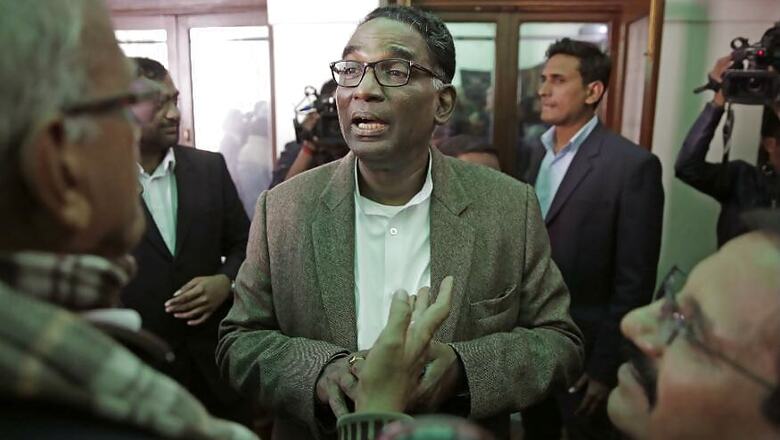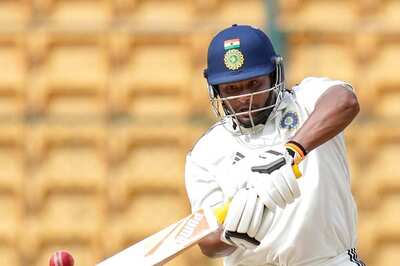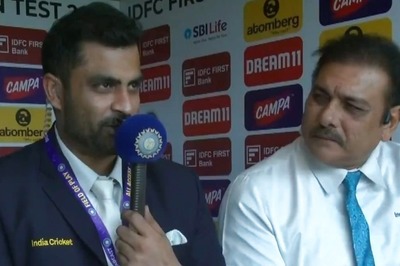
views
New Delhi: In last two days, the Supreme Court found itself at a loss for words when it felt constrained to tell the government authorities significance of two simple instruments: telephone and email.
Receiving the benefits of this discourse were the Centre, state governments and other public authorities.
"There is an instrument invented by Graham Bell in the 19th Century. It has developed a lot in the last 130 years...it is known as telephone," a bench of Justices J Chelameswar and Sanjay K Kaul remarked on Tuesday when a lawyer sought more time to seek instructions even after two weeks.
Representing the Jharkhand High Court, advocate Tapesh Kumar Singh said that he had personally tried to seek instructions from the state government into this service case but it appeared some more time is required.
"We adjourned it by two weeks the last time for the state government to respond. How long do you need to get instructions? One year or two years?" Justice Chelameswar asked the counsel.
Justice Kaul then said, "This instrument called as telephone can get you instructions in seconds. You could go out, ring your Secretary concerned and tell us after a few minutes. But you are still seeking time for the instructions to travel to you. We wonder if you are now to be told how telephone can be used."
A similar situation was witnessed on Wednesday before a bench of Justices Madan B Lokur and Deepak Gupta.
As the bench heard a PIL pertaining to a comprehensive plan to ameliorate the conditions of destitute widows across the country, various lawyers contended they had not received the documents.
Appearing for Centre, state governments, National Legal Services Authority etc, a pandemonium of sorts prevailed during the hearing when the focal point of the arguments confined to whether papers have been sent or received by one party or another.
It baffled Justice Lokur, as he questioned the lawyers why the documents could not be sent through emails.
"You talk about digitalisation but you can't even use emails. Why do documents have to be sent through posts every time and then an argument is raised in the Court that we have not received it," rued the judge.
In fact, while clarifying that such arguments will not be entertained any further, Justice Lokur chose to formalise the use of email in the Court order.
"We expect all communications between the parties be sent by email so that there is no confusion or loss of papers in transit," stated the order.




















Comments
0 comment